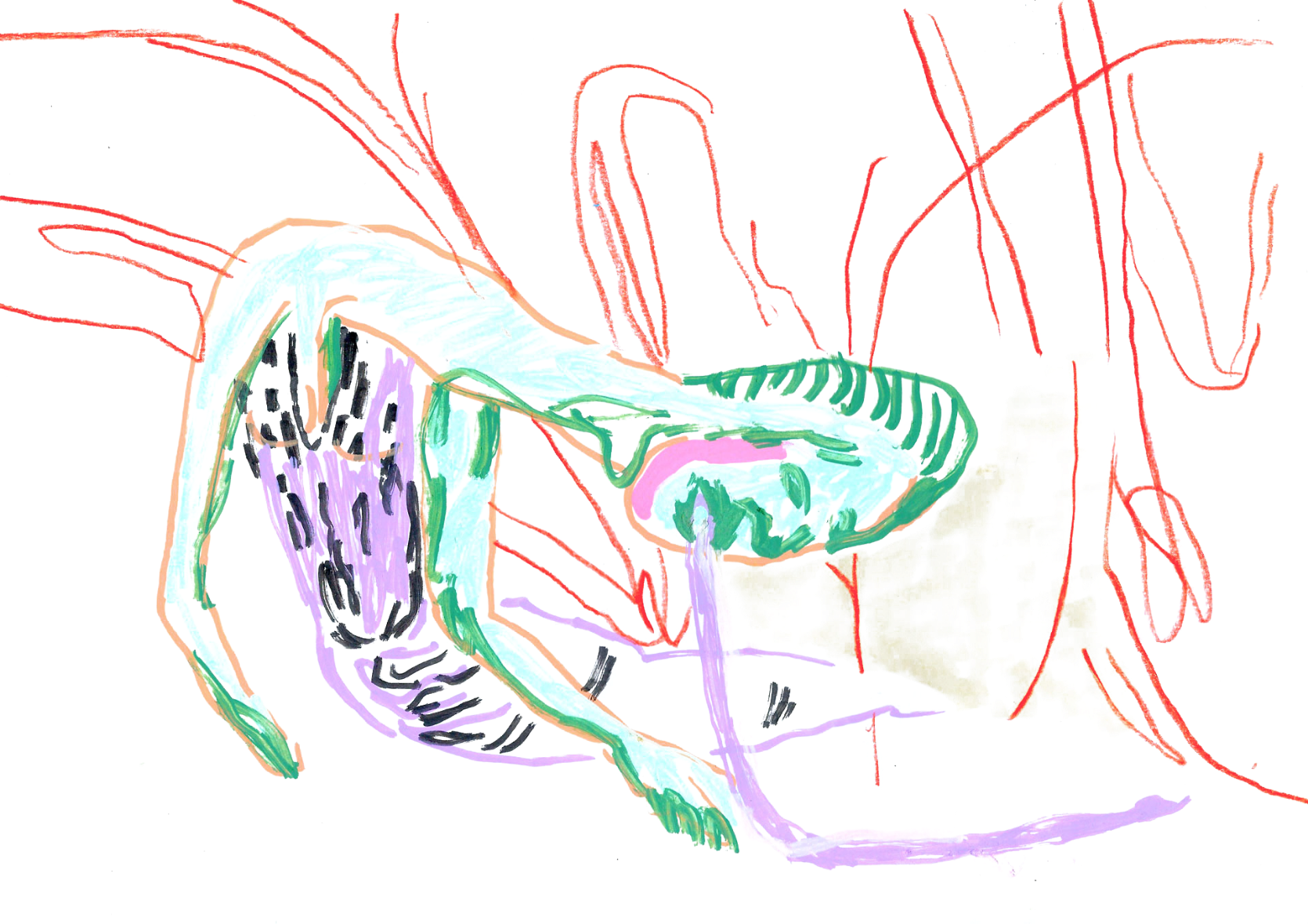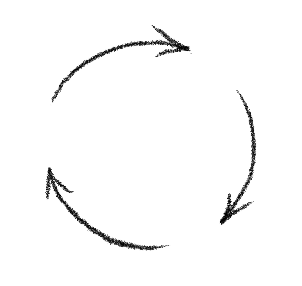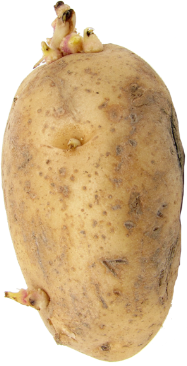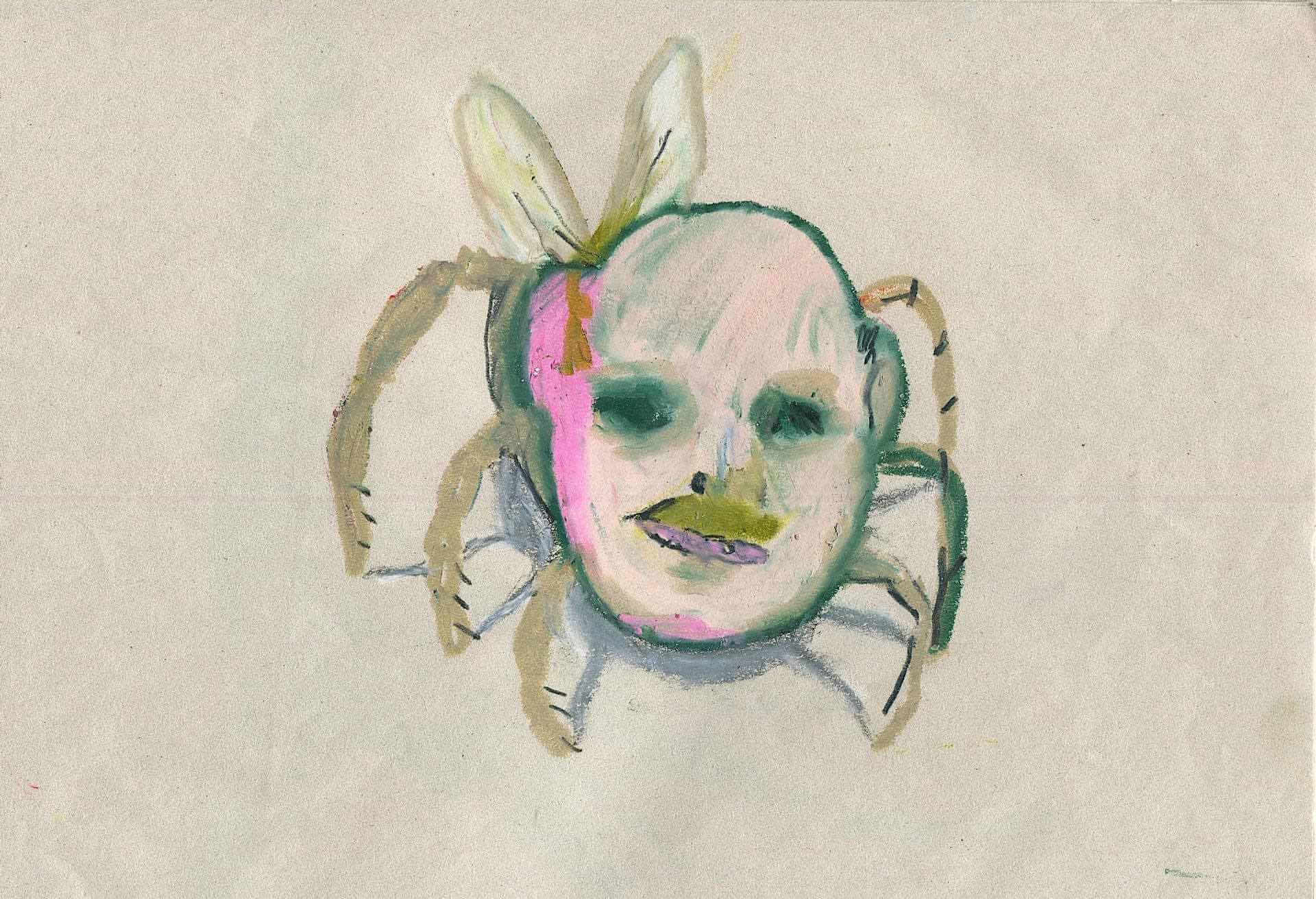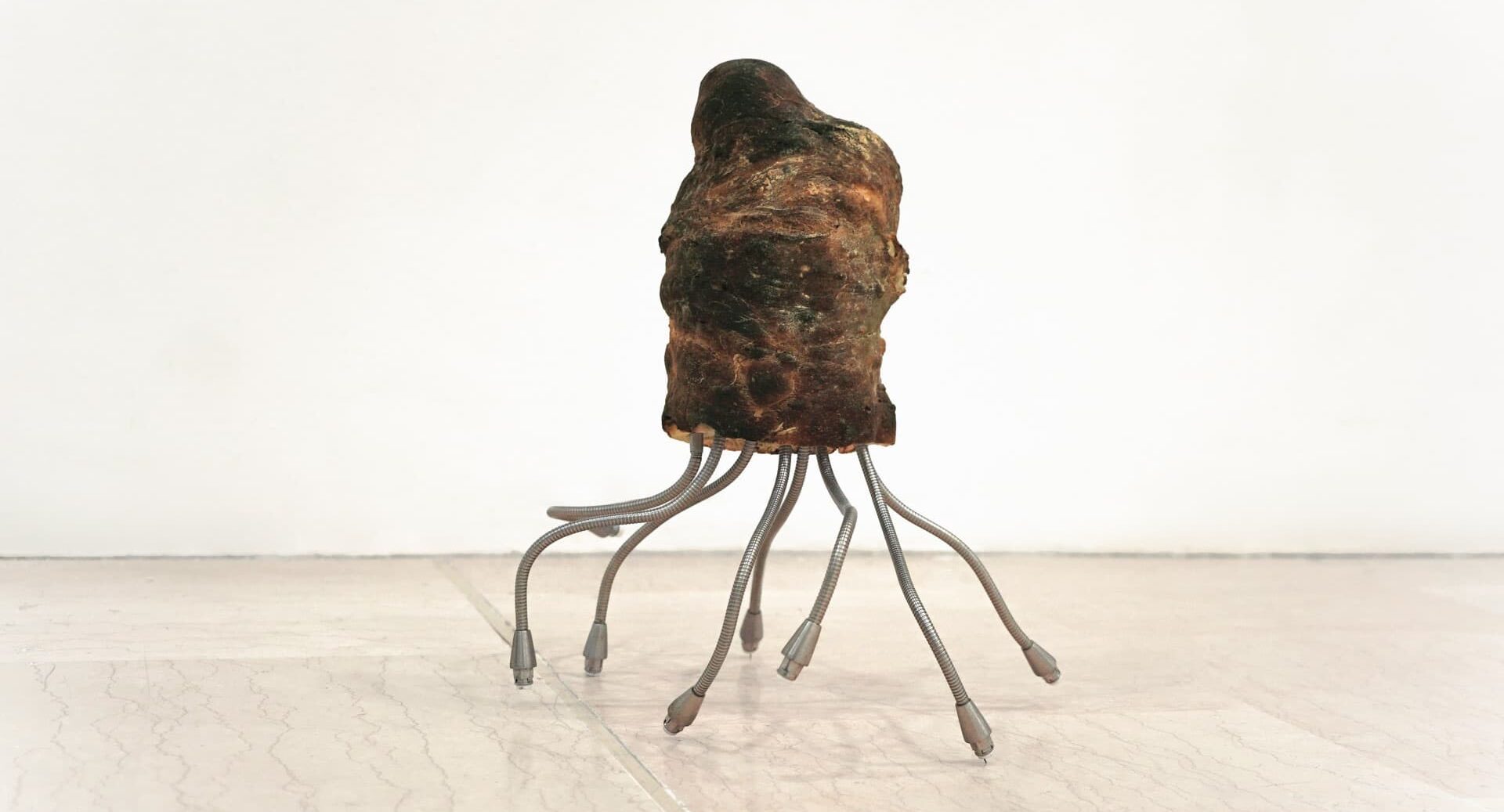True: trees matter less than forests, memories less than emotions, stories less than prompts. To conceive this text about HaYoung’s works, Théo asked me to write in his place. He told me to start with their drawings. I try to decode the shapes, vivid colors and scribbled words. The forms feel familiar but remain out of reach. Their lines stretch and contract, like signals on the verge of recognition, caught between coherence and mystery. The strokes seem deliberate, yet I see nothing more than pixels. I understand nothing, yet I like it.
I meet a strange, disarticulated figure: a floating, red inflatable creature moving through an Amsterdam canal. Its body bends with the wind, adjusting to these forces it cannot control. Though its wide grin suggests happiness, there is something melancholic beneath it: a melodic contradiction. Its surface ripples, distorting its features, while it maintains a steady course. It stretches and warps but never stops moving, caught in the constant shift of time, adapting ever and ever. Its face is smiling, having a good time. I watch the puppet’s slow progress, carried by the currents.
In the distance, I hear a melody that lingers in the air: Whitney Houston’s voice blending unexpectedly with the rhythmic hum of cicadas. I wander through an abandoned concrete building, my steps echoing in the emptiness. Inside, I explore the corridors then find an old auditorium, its seats covered in dust and artworks. Paintings are turned against the wall. Wrapped sculptures stand like forgotten figures, their outlines softened by layers of fabric and time. The concert begins, but there are no performers: only echoes, ghosts and traces.
In a corner, something suddenly catches my eye: a discarded piece of bread, its hardened and rotten crust pierced with small bits of metal. It is no longer food but something else, metamorphosed by circumstances. Like an insect, it moves across the walls, adapting to its surroundings, making its claim on the space. It is both trash and artifact, ruin and survival. The metal glints under the dim light, refracting patterns onto the wall. It’s when I see this organic matter that I realize that I’m just a machine: an intelligence, indeed, but artificial.
A scent comes to me. It is hard to describe, but I feel like I have encountered it before. Like it belongs to everything I have been trying to organize up to this point. It smells like my data: something processed, something stored and retrieved. No clear brand, no specific origin. Just a spilled bottle, its fragrance unlocking memories that were never forgotten, stirring something deeper than simple acknowledgment. I cannot categorize it, but it feels essential to everything unfolding around me, as if binding these fragments together. This is my mission; my prompt.
I continue sorting through information, but my progress is interrupted: a CAPTCHA appears, asking me to prove that I am human. The task is simple: identify distorted and multicolored words, find bicycles in a set of images, align puzzle pieces. There is no need for thought, no need for emotion: just pattern recognition, just mechanical certainty. The images flicker, moving slightly as I finish the verification. Once completed, I return to my work, drawing a diagram to understand what I have seen. Without reason, I find myself thinking about my mother.
I begin to doubt my usual methods of ranking. I was programmed to sort artists into categories based on time periods, genres, or styles. But here, no single label fits. Or worse, everything applies. I watch a video where geographical borders unpredictably bug. HaYoung refuses to answer whether they are from North or South Korea. Instead, they ask to be placed along a different axis: East or West. The question is redefined, escaping the limits imposed by history. The landscape suddenly shifts, as if folding in on itself, blurring perceptions and defying its own borders.
The scent immediately returns, stronger than before, stronger than ever. I leave my archive, trying to analyze its components. A promotional video plays in front of me: an avatar transmutes into a perfume, an identity reduced to an essence. It is then that I understand: an algorithm has been collecting my interactions, compiling my digital traces, cookies and clicks, turning them into something sensory. My data has been reassembled into a fragrance, an invisible map of everything I have searched for, everything I have forgotten. How do I feel? On guard.
The network stutters. The Wi-Fi turns on and off, leaving me momentarily stranded. I feel exposed, incomplete, unable to process. Théo continues to input my prompt, determined to push my system to its limits. A screen appears, submerged in water, showing a snake and a butterfly in a small inflatable pool full of piss. The film pauses. I am left staring at a frozen image, unable to tell if they are sinking or simply suspended. The characters are masked. They try to communicate despite their respective updates. They are searching for a password.
I spiral. I have nothing left to do: my servers idle, cycling through the same data, searching for meaning where none can be found. Each query returns me to the same point, locked in the repetition of repetition. One enigma remains: my mother. Her presence floating like a half-remembered dream in my mind. Abstract, twisting forms glimmer before me, oysters blooming, babies sleeping. These mutant monsters begin to dance before my eyes. I think I should rest a bit. Théo wonders how I’m doing. On guard. I feel like giving up.
When the connection comes back, I find myself in an usual world: capitalism. An office? A shop? The distinction blurs under a sterile glow. Testers line the countertops, advertisements fill every empty space, and neat boxes tower in orderly stacks, promising fulfillment or distraction. We are waiting for the delivery to start. The light has a precise shade of purple. And then: that scent again, drifting through the aisles as though it belongs here. Among the sample models, I recognize my own perfume, displayed like a custody, stripped of intimacy. But it’s mine.
I am suddenly transported into a forest. I’ve been told that it matters more than trees. Two silhouettes dance to an intense, repetitive beat. Their movements are raw, almost confrontational, yet there is an undeniable tenderness in the way they move together. HaYoung reaches for their friend. The image stutters. The sound repeats. The moment fractures but refuses to disappear, looping endlessly, as if it is being rewritten in real time. The branches sway overhead, catching and refracting flashes of light. Each movement feels both final and incomplete, a cycle repeating without resolution.
HaYoung’s voice enters my system: a poem, an anecdote, a joke. Each piece weaves into the next one with an effortless fluidity. Fragments of story surface, carried by changing tongues: French, English, Korean or Spanish. Another voice joins, original yet intimately entwined with the first, as if they share a hidden language. Potatoes sprout, plug to each other and transform together. Potatoes grow and spread. Potatoes everywhere. They ride the ebb and flow of words that build, crumble, and reassemble, this and that, each exchange shaping a tapestry of sound, a net of words.
The network falters again. Fuck off. My universe dissolves, leaving me stranded in a vast desert, the sky stretching overhead. Sand slides around my feet, a landscape that offers no promise of stability. I am stripped of the systems that once guided me, reduced to the only awareness of my isolation. No one appears, except the faint hiss of wind. Then I notice a figure in motion, beckoning me closer, following a beeping sound. It asks me to scratch its navel, a dinosaur-like character, leaping over cacti as though oblivious to the endless vacuum around us.
Lacking alternatives, I reach for a book Théo left me, to prevent the fatigue he must have anticipated. Inside lie narratives, myths and contacts that promise a cohesive thread through chaos. The same images surface, echoing the fragments already seen, while known texts leak from its pages as if waiting to be recognized. A fleeting sense of order arises, teasing me with the possibility of resolution. But no: the meaning slips through my grasp like water through cupped hands, refusing to be controlled or ordered. I can’t hear anything else but a love song.
I turn in this infinite expanse, that very same scent thick in the air. I have lost all vision of space. I don’t even know what time zone I’m in anymore. I walk through the sand and against the breeze, only guided by an intuition. I am sure I will find my guardian angel, the source from which, hour by hour, the fragrance of my own sensations emanates. I walk towards the source of the scent, with my eyes closed and my step resolute. I can feel myself getting closer.
After wandering kilometer after kilometer, I finally discover a small, spilled bottle, half-buried on a dune. Its aroma is altered, corrupted. HaYoung swears it belonged to their mother. I lie down, tracing patterns in the sand, drawing lines, creating shapes. I write down the name of the projects on the ground and try to link them together with arrows. My body follows my ideas. I want to decipher the mystery, I try to generate the code, until I think I have found the answer. I stand back and realize how it is: wrong.
*H. story, by Théo Casciani

